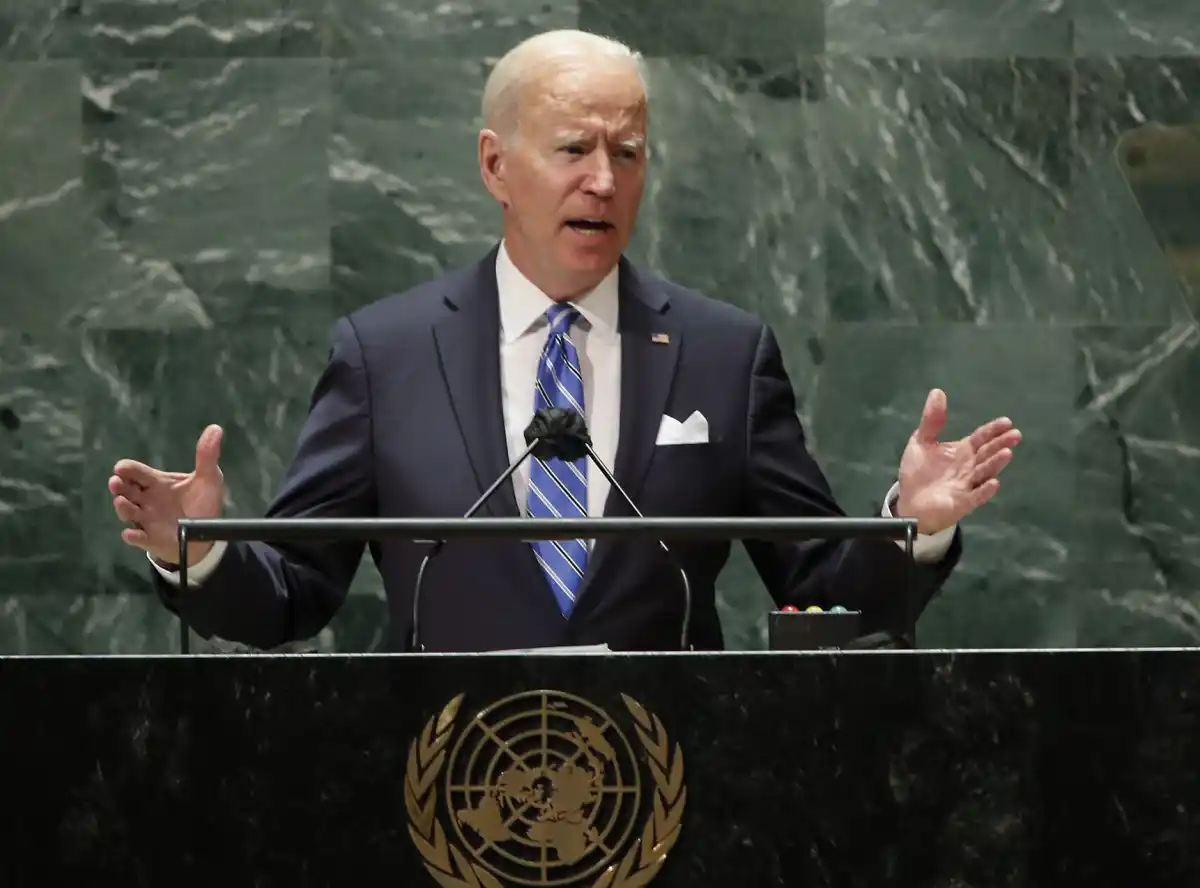
The United States (US) will hold general elections in November this year to elect the next American President, Vice-President and lawmakers for the US House of Representatives and Senate.
Folks, this country is the world’s principal superpower and it commands huge global influence, including checking the democratic governance systems of all countries, including ours.
For decades, the American government has supported Malawi in many areas of development, including the provision of over 40 percent of health funding to the Malawi Government through programmes such as the President’s Emergency Response to Aids Relief (Pepfar) that also support millions of HIV and Aids patients across Africa.
The US also pumps billions of dollars for education, health and climate adaptation as well as other forms of life-saving assistance to crisis-affected Africans amid years of catastrophic drought, torrential floods, civil conflicts and persistent impacts of Russia President Vladimir Putin’s war on Ukraine and Covid-19 pandemic.
It is not surprising, therefore, that this year’s US elections are equally attracting mixed reactions globally for the simple reason that its outcome will impact the world in a way regardless of who wins the White House race.
Just like the incumbent Democratic President Joe Biden, his Republican rival and predecessor Donald Trump, 78, is seeking a second and final term of office after losing the 2020 polls to his 81-year-old successor.
Those elections divided some Malawians who supported Trump’s right-wing agenda and viewed him as a beacon of hope for the future due to his focus on protecting US trade interests and a hard-line stance on abortion and those that sympathised with Biden and considered Trump anti-African because of his party’s open policies on abortion and its soft stance towards same-sex marriages, among others.
But four years down the line, it will be interesting to see how Africans will scheme their support towards either of the two presidential hopefuls, knowing that ‘when America sneezes, the whole world catches a cold’, and so victories for either Biden or Trump will surely have an impact on Africa, be it good or bad.
I also anticipate more policy differences between Democrats and Republicans as the elections approach, including on immigration, healthcare, Western military alliance (Nato), international trade, taxes and gun control or ownership.
I also do not expect the two candidates to reawaken issues that subjected the US government to international ridicule such as the slashing down of US financial support by the Trump administration to key United Nations (UN) agencies that support poor countries including in Africa on health, trade, democracy, good governance and climate change and the withdrawal of Washington’s funding to the World Health Organisation (WHO) at the peak of Covid-19 pandemic that killed more than seven million people globally.
Biden has also had his fair share of humiliations, including the chaotic withdrawal of US troops from Afghanistan as well as his administration’s handling of conflicts involving Russian and Ukraine and Israel and Hamas as well as conficts in Sudan and Haiti, among others.
For Trump, his campaign will also hope to recover from the weaknesses of his legal suits and his attempts to undermine the 2020 election results that led to the January 2021 attack on the US Capitol while Biden has struggled to impress many people in his first term and faces some distrust from some US voters over his age and energy for the campaign and a second term.
So, as the November 2024 election looms, all eyes are on the USA, and I can only hope that Trump, Biden, and their campaign teams will focus on building more bridges and not walls with the rest of the world.
I also hope that the next US President will rise above partisan politics and undo those foreign policy choices that made the US government a laughing stock because some Americans deliberately chose to live in alternative realities of politics, governance, etc.
May the best candidate win!


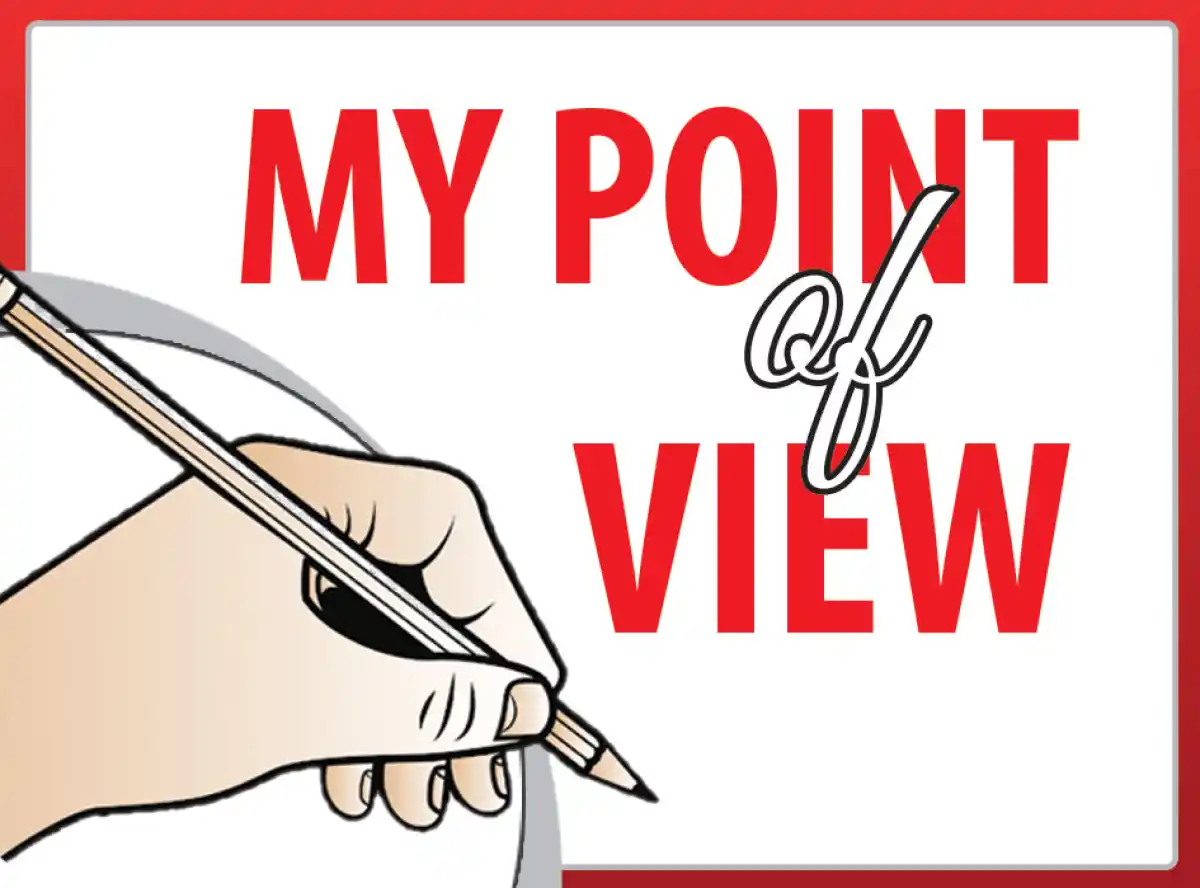

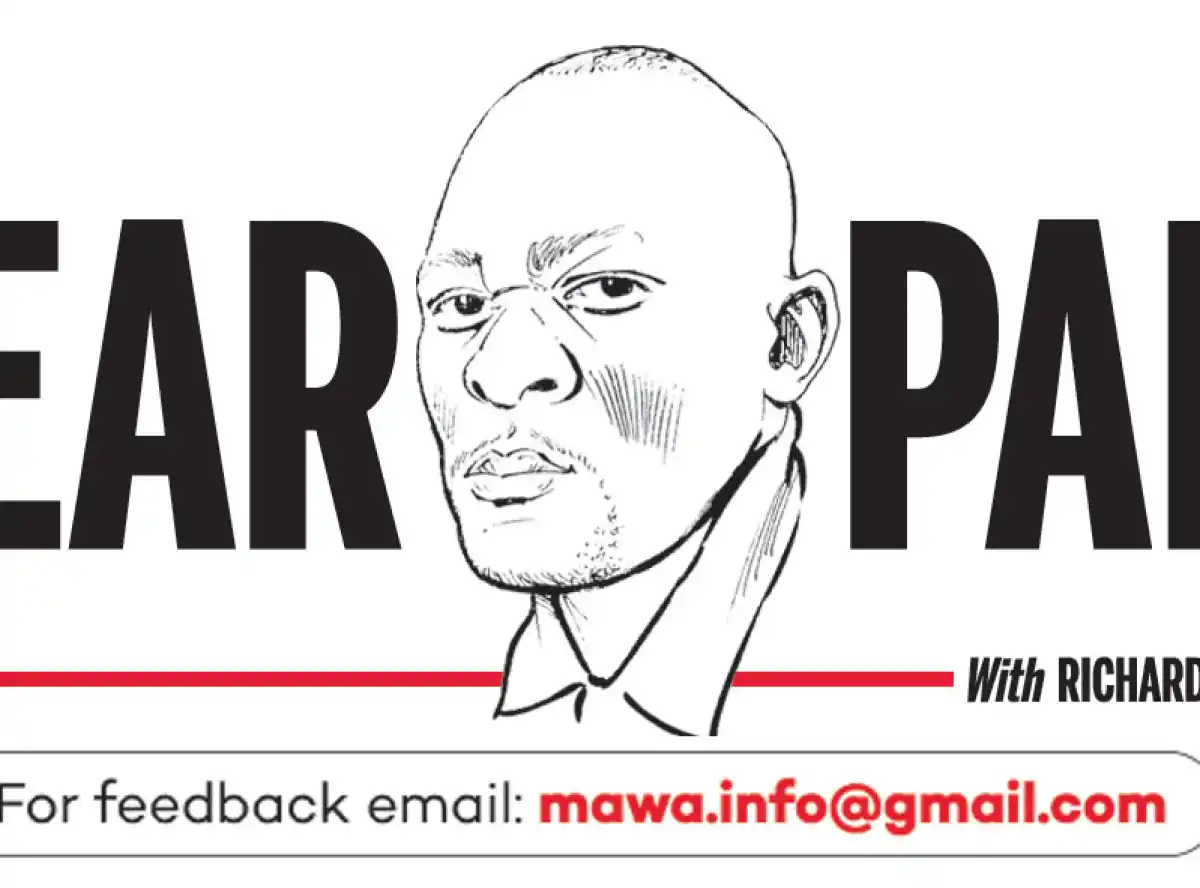
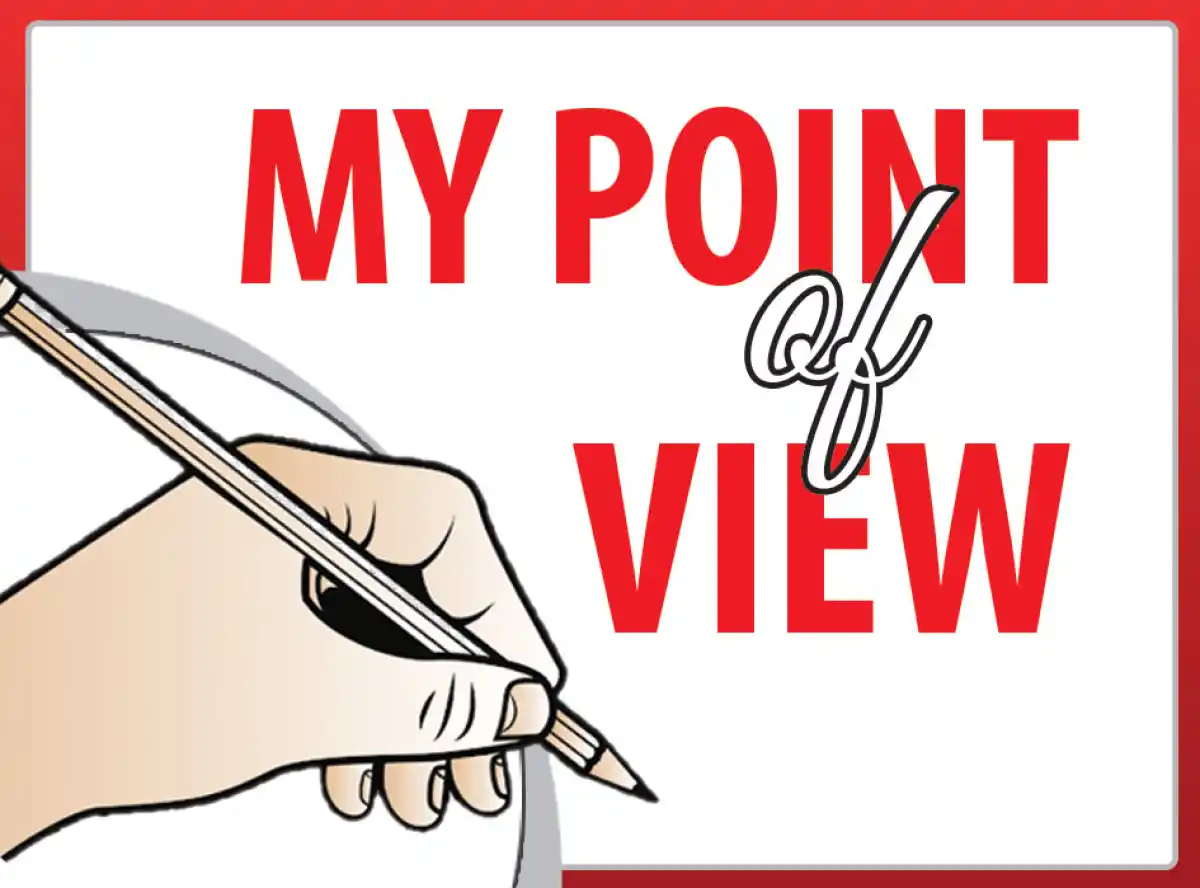
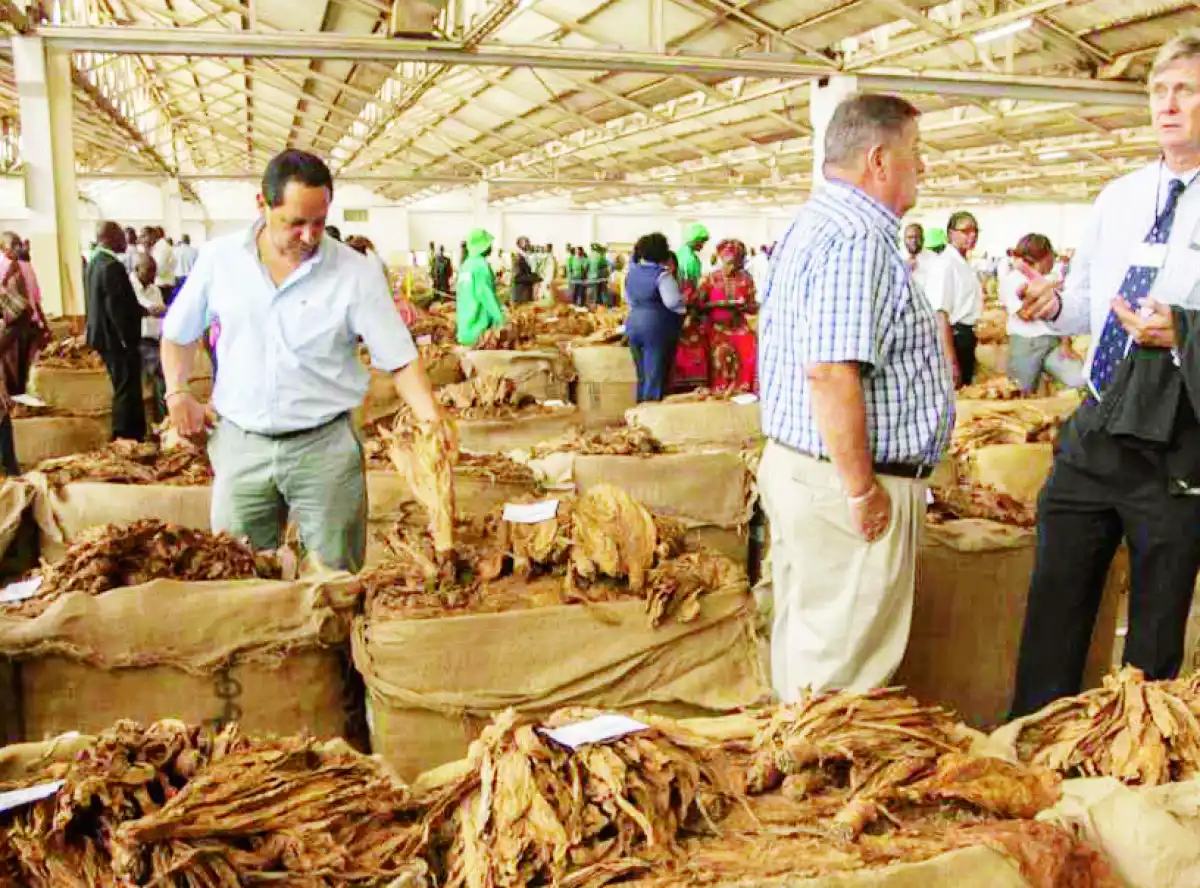

0 Comments